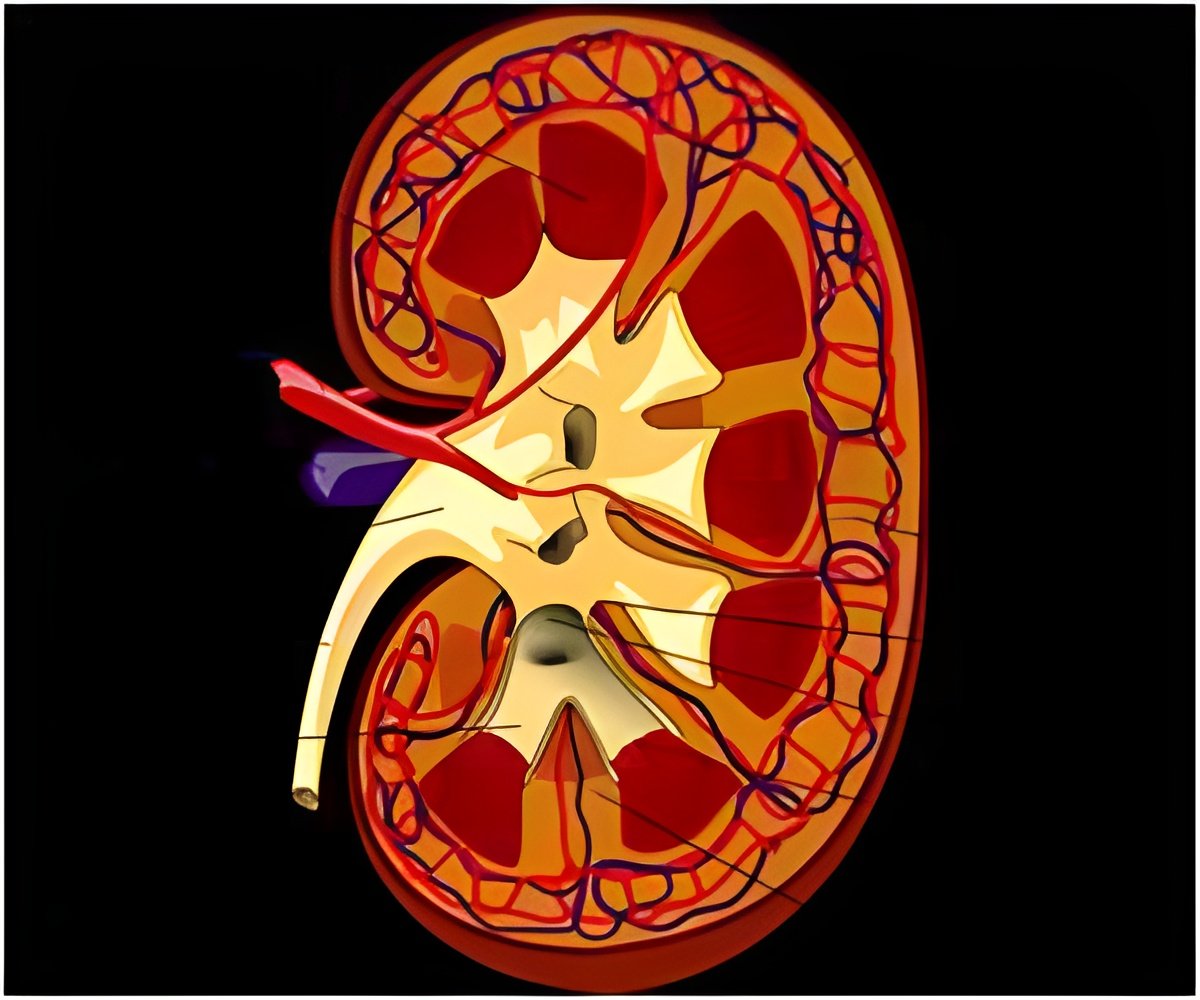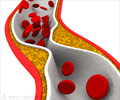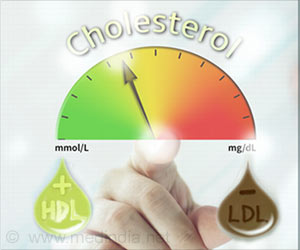A new study suggests that LDL cholesterol is not an effective marker in gauging the risk of heart disease in patients with kidney disease.

During an average follow-up of four years, 7762 patients were hospitalized for heart attacks, most of whom had the lowest levels of kidney function at the start of the study. Despite their higher overall risk of having a heart attack, the link between higher LDL cholesterol and heart attack risk was weaker for these patients than for patients with higher kidney function.
"This indicates that, although people with impaired kidney function are at high risk of cardiovascular events, LDL cholesterol is less useful as a marker of risk in this population," said Dr. Tonelli. "This in turn suggests that, unlike in the general population, criteria for cardioprotective treatments such as statins should not be based on LDL cholesterol levels in people with chronic kidney disease, and it argues instead for an approach that is based on absolute cardiovascular risk."
In an accompanying editorial, Julie Lin, MD (Genzyme Corporation and Brigham and Women's Hospital) noted that further study of kidney dysfunction and cardiovascular risk represents an important area of healthcare research. "The very large total at-risk population of CKD and end stage renal disease patients who will experience morbidity and mortality from cardiovascular disease is calling out for more research to lead directly to improved management and outcomes as soon as possible."
Study co-authors include Paul Muntner, PhD, Anita Lloyd, Braden Manns, MD, Scott Klarenbach, MD, Neesh Pannu, MD, Matthew James, MD, PhD, and Brenda Hemmelgarn MD, PhD.
Disclosures: This work was supported by an interdisciplinary team grant from the Alberta Heritage Foundation for Medical Research (AHFMR). Drs. Hemmelgarn, Tonelli, Klarenbach and Manns were supported by career salary awards from AHFMR. Dr. Tonelli was also supported by a Government of Canada Research Chair in the optimal care of people with chronic kidney disease, and Dr. Hemmelgarn by the Roy and Vi Baay Chair in Kidney Research. Drs. Hemmelgarn, Klarenbach, Manns, and Tonelli were all supported by a joint initiative between Alberta Health and Wellness and the Universities of Alberta and Calgary. Dr. Muntner receives research funding from Amgen Inc. Dr. Tonelli has served on advisory boards for Merck; honoraria were donated to charity.
Advertisement
The editorial, entitled "A Piece of the Puzzle in the Cardiorenal Conundrum," will appear online at jasn.asnjournals.org/ on May 16, 2013, doi: 10.1681/ASN.2013040420.
Advertisement
Founded in 1966, and with more than 13,500 members, the American Society of Nephrology (ASN) leads the fight against kidney disease by educating health professionals, sharing new knowledge, advancing research, and advocating the highest quality care for patients.
Source-Newswise














